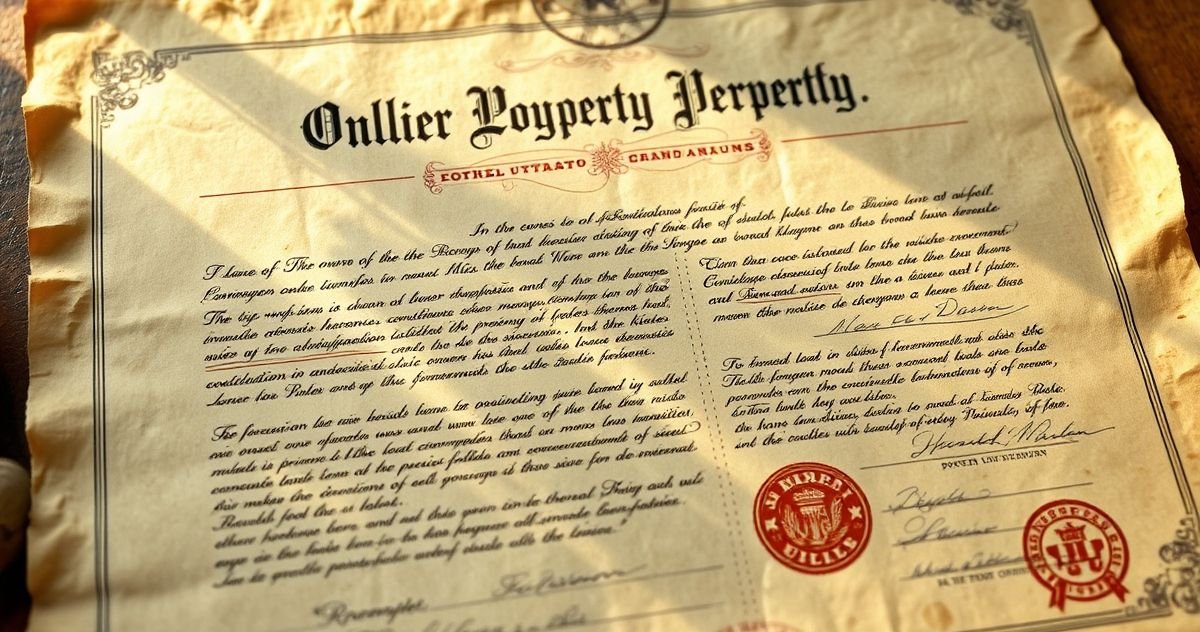When buying or selling a home, confirming the property’s title chain of ownership is crucial. This chain is a comprehensive record tracing the transfers of ownership from the property’s original grant to the current owner. It’s verified through a title search performed by a title company or real estate attorney, who reviews deeds, mortgages, wills, tax, and court records to ensure ownership transfers are legitimate and properly recorded.
A clean chain of title confirms the seller’s legal right to convey the property and helps prevent surprises such as unresolved liens or ownership disputes. Common title issues, known as “clouds on title,” include unreleased liens from unpaid contractors, missing heirs who hold potential claims, clerical errors, or even fraud. These must be resolved – sometimes through legal processes like a quiet title action – before the sale can proceed.
Title insurance, which lenders typically require and buyers should obtain, protects against hidden defects in the chain of ownership that a title search might miss. It offers financial protection if post-sale claims arise, making it the final safeguard for buyers and lenders alike.
For more about the protective role of title insurance, see our Title Insurance article. Also, learn about the legal process to resolve ownership disputes in our Quiet Title Action glossary entry.
Key Points:
- The chain of title is the property’s ownership history, documented via public records.
- Title searches confirm the seller’s right to sell and detect any clouds on the title.
- Title issues must be settled before closing; unresolved issues can delay or cancel the sale.
- Title insurance covers unexpected claims after purchase, offering peace of mind.
Understanding the title chain of ownership helps buyers avoid costly legal headaches and ensures confidence in the home purchase process. For additional context on the title search process, see Title Search Process. For advice on recognizing and resolving liens, see Title Search for Hidden Liens.



